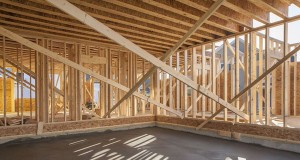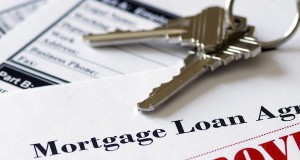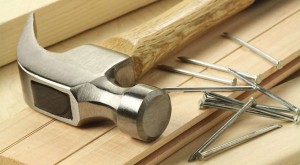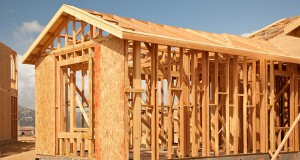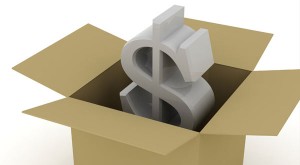
July 25, 2017
What Can I Improve With An FHA 203(k) Mortgage?
An FHA 203(k) mortgage is basically a rehab loan, which can be used as a new purchase loan or a refinance loan for the purpose of repairing/rehabbing an eligible property. The FHA single family home loan handbook, HUD 4000.1, has a list of requirements and guidelines for FHA 203(k) loans, which includes a set of allowable improvements as well as a list of things FHA loan money cannot be used for. Let’s examine what is permitted with an FHA 203(k) loan first. Borrowers who are approved for an FHA rehab loan may use the loan for any of the following projects acceptable to the lender: – costs of construction, repairs and rehabilitation; – architectural/engineering professional fees; – the 203(k) Consultant fee subject to the limits in the 203(k) Consultant Fee | more...



